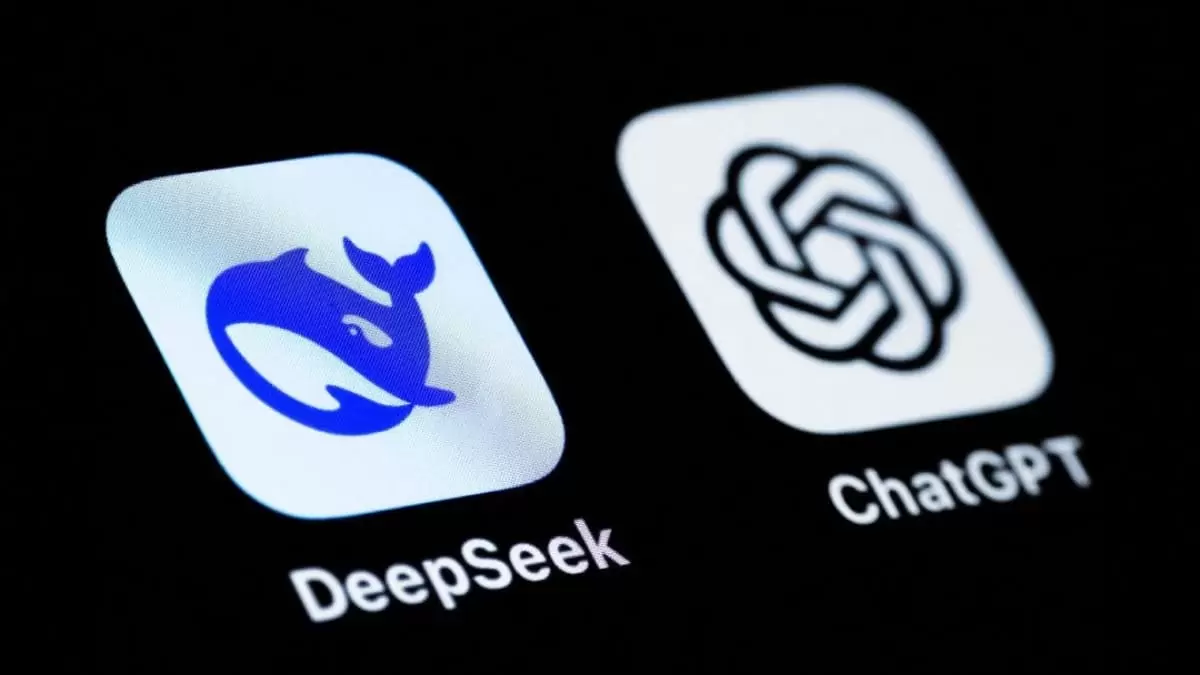New Delhi: The Indian Finance Ministry has asked its officers and staff to refrain from using AI tools such as ChatGPT and DeepSeek on office computers and devices. The order was issued on January 29, 2025, and warned that these AI applications could pose a risk to sensitive government information. Officials have been strictly told not to use such tools on office systems.
This step places India in the company of other countries such as Australia, Italy, and Taiwan that have also curtailed the use of DeepSeek on security and privacy grounds. Taiwan has recently banned the use of DeepSeek by its government agencies for national security reasons.
Why DeepSeek?
DeepSeek, a Chinese AI startup, has recently gained much publicity with its affordable AI models, such as DeepSeek-V3 and DeepSeek-R1. Contrary to other AI models, DeepSeek-R1 was reportedly built for only $6 million while consuming less computing power than ChatGPT.
Its popularity has been growing at an impressive rate. DeepSeek managed to achieve 16 million downloads within only 18 days of its launch. It is almost as fast as ChatGPT in the beginning. India constitutes 15.6% of the total downloads, and DeepSeek even became the top Android app in the U.S.
The Finance Ministry has issued its directive to key departments, such as revenue, economic affairs, expenditure, public enterprises, and financial services. The order was signed by Finance Secretary Tuhin Kanta Pandey.
Curiously, this advisory was released on the eve of OpenAI CEO Sam Altman’s visit to India. Mr. Altman is scheduled to meet the IT minister and the industry leaders in India. However, the IT Minister Ashwini Vaishnaw pointed out that DeepSeek would be hosted locally from Indian servers for cross-border data transfer concerns of privacy. Because DeepSeek is an open-source AI model, it could very well be held within India, thus adding another layer of security.
Many countries are tightening their cybersecurity protocols as AI tools become more common in workplaces. South Korea, for instance, has blocked DeepSeek on military computers, fearing it could leak sensitive national data. The U.S. Navy has also banned its use, even for personal tasks. In Texas and other U.S. states, there are growing concerns about data harvesting by AI applications.
MeitY, the IT ministry of India, has recently put out a public draft for comments on the Digital Personal Data Protection Act. According to it, companies need to be adequately clear on the collection and usage of personal data so one can give informed consent. The draft is open for public consultations until February 18.





